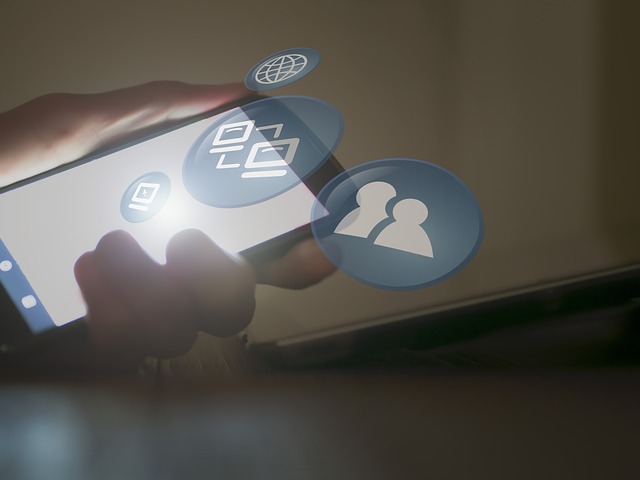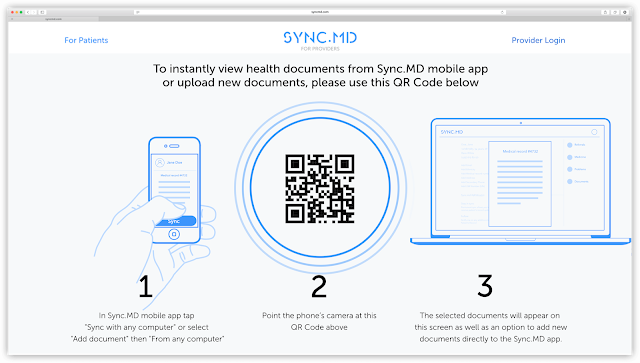How Apps Can Improve Healthcare
Technology has certainly improved the way we live our lives. And there's no better example of this improvement than the apps on our smartphones. With a simple tap on the screen, we can avail of products and services, some of which can even be delivered on your doorstep.
The healthcare industry is also following along with all these amazing strides in technology. Healthcare-related apps are being utilized by patients from around the world every day, and according to a recent study, one-third of the US population is saying that the incorporation of technology into healthcare services is important to them. How can apps improve the delivery of healthcare services?
Healthcare apps are providing on-time and real-time medical information to users. It allows them to arrange appointments when they need to seek scheduled meetings with their doctors, it enables them to reach medical professionals during emergencies, and it gives them access to accurate and appropriate medical information whenever they need it.
Medical companies and professionals seeking to provide quality healthcare know how important it is for medical services to be delivered at the right time. The challenges of the industry in urgency stems from communication problems. With that out of the way thanks to healthcare apps, firms can deliver better healthcare.
Improved communication also improves coordination. When a patient needs immediate medical attention, for example, during times when their doctors aren't available, both parties can use medical apps for patients to access personal medical information.
The smooth coordination of data across patients and medical professionals can be the fine line between life and death. The patient can enjoy better healthcare, and the firm can deliver services more efficiently.
These apps are not only helpful for patients. This technology can even improve medical research. As apps develop into technologies integrated with health-related wearables like pedometers, apps can track how certain medications and habits affect the lives of patients.
The connection between technology and the lives of people is now inevitable. And as it is utilized to improve healthcare services, products, and research, patient care will inevitably improve as well.
The healthcare industry is also following along with all these amazing strides in technology. Healthcare-related apps are being utilized by patients from around the world every day, and according to a recent study, one-third of the US population is saying that the incorporation of technology into healthcare services is important to them. How can apps improve the delivery of healthcare services?
Urgency
Healthcare apps are providing on-time and real-time medical information to users. It allows them to arrange appointments when they need to seek scheduled meetings with their doctors, it enables them to reach medical professionals during emergencies, and it gives them access to accurate and appropriate medical information whenever they need it.
Medical companies and professionals seeking to provide quality healthcare know how important it is for medical services to be delivered at the right time. The challenges of the industry in urgency stems from communication problems. With that out of the way thanks to healthcare apps, firms can deliver better healthcare.
Data Coordination
Improved communication also improves coordination. When a patient needs immediate medical attention, for example, during times when their doctors aren't available, both parties can use medical apps for patients to access personal medical information.
The smooth coordination of data across patients and medical professionals can be the fine line between life and death. The patient can enjoy better healthcare, and the firm can deliver services more efficiently.
Research
These apps are not only helpful for patients. This technology can even improve medical research. As apps develop into technologies integrated with health-related wearables like pedometers, apps can track how certain medications and habits affect the lives of patients.
The connection between technology and the lives of people is now inevitable. And as it is utilized to improve healthcare services, products, and research, patient care will inevitably improve as well.



Comments
Post a Comment